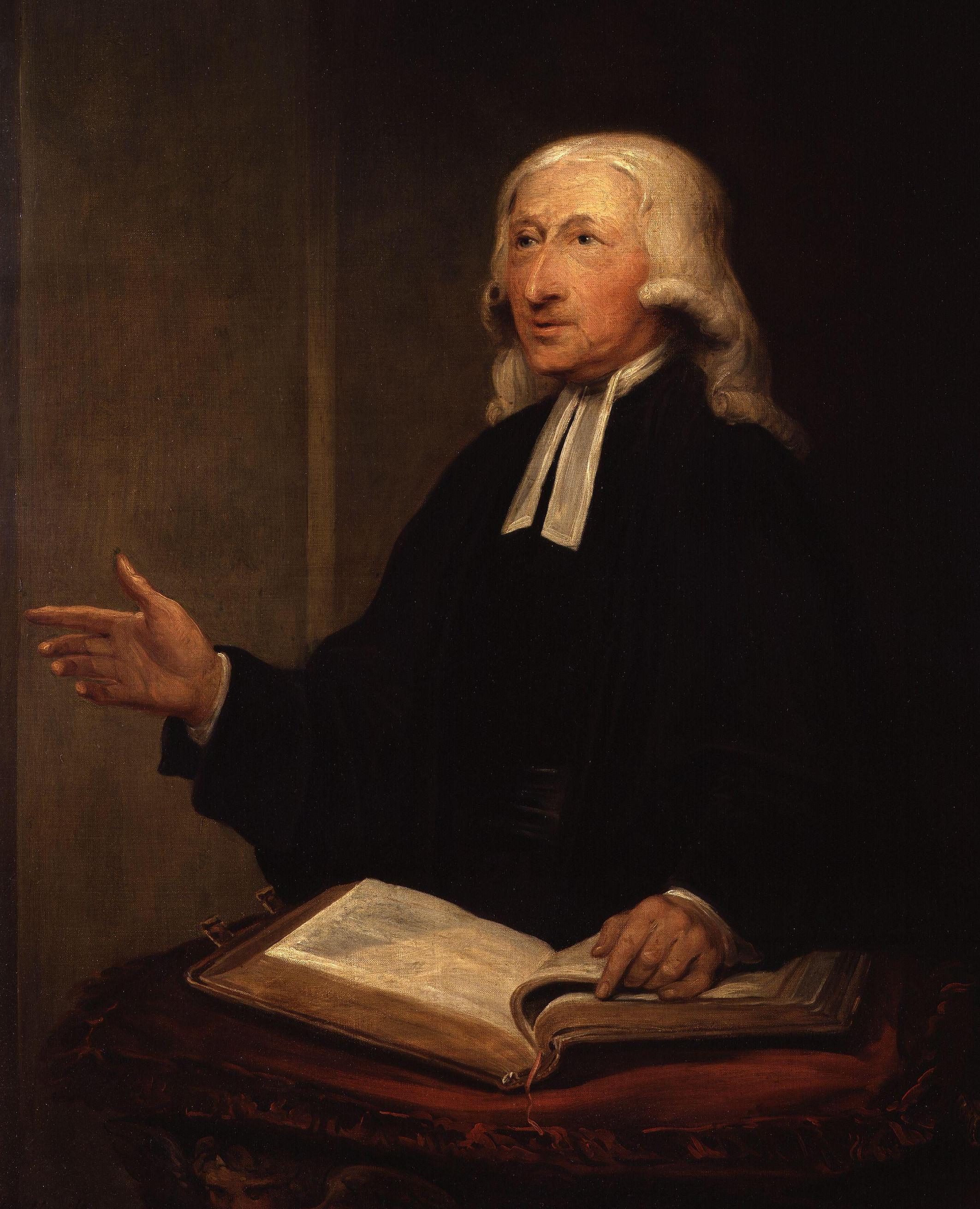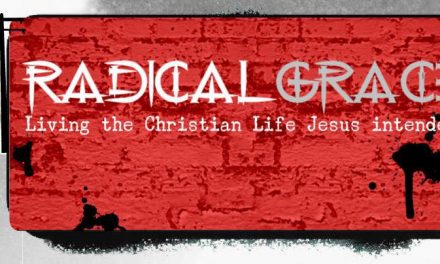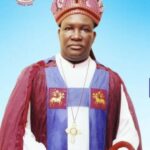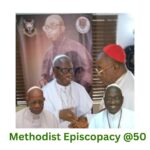At a time when many denominations have lost engagement with their cultural moment through their inability to communicate the Mandate of spreading scriptural holiness to this secular age, the 16th annual International Conference of the Methodist Campus Fellowship (MCF), Methodist Church Nigeria points us to the college campus as a critical way to engage the culture locally and globally. One of the major problems in global Methodism today are those who are content to pound the pulpit, forgetting that ‘If all the world sees as being the church is a rectangular box of wood and nails with cold, preachy people inside, why would they believe?’ In contrast to Jesus’ Mandate, the Great Commission, before His departure, it is sad today that the Mandate has been ‘perfumerised,’ minimised and neglected for the sake of power, maintenance, and economic improvement. The Mandate of Jesus determines the movement, and the movement shapes mission, leadership, worship, and evangelism. Jesus’ Mandate to His disciples is to see His body alive, a living, breathing organic mix of people (Mk 16:15; Matt 22:37-40). The Mandate and legacy that remains to this day are about the gospel that first changes us, enabling us to love others genuinely as we advance the gospel. The Mandate is about multiplying Christ in us and others. Without the Mandate, the church becomes a museum, a cemetery people visit ceremonially.
College campuses are strategic because people there are the future leaders of Nigeria and the world. College students are uniquely positioned to impact their community for God’s kingdom. Most students at community colleges come from the local area and remain after graduation. Students are highly mobile, and they bring a unique blend of relational ties, church connections, and neighbourhood knowledge with them when they come to campus. College students become future school board members, local government leaders, retail managers, law enforcement, and more after they graduate. College students, as disciples of Jesus, are an irreplaceable part of God’s work in creating lasting peace, prosperity, and evangelism. The strategic value of college students calls the church to prioritise a Gospel witness to them; that is a mandate, an essential part of serving the whole body of Christ. Without a mandate, church work becomes a career. The Mandate given through an encounter with the Master, Jesus Christ, shapes a fruitful calling and a healthy church.
The 16th annual International Conference of the Methodist Campus Fellowship, Methodist Church Nigeria, affirms the research finding that the college campus is the most strategic mission field. The birthday of John Wesley today (old style, 17 June 1703, in Epworth, Lincolnshire) and the emergence of the Holy Club at the Oxford campus point us to the strategic mission field nature, where college students are the most moldable and the most malleable. Richard Teal, a former President, Methodist Church in Britain aptly said that, ‘a church which loses its memory about its basic foundation has not future.’ Campus students provides a renewing memory and foundation for the future of global Methodism.
Holy Club, which began with the young undergraduates Charles Wesley and William Morgan, was one of the many nicknames used for the group of young men who met together in Oxford between 1729 and 1735. They responded to university pressure by taking their Christian faith and work more seriously. They began to support each other in both their academic pursuits and religious practices. John had encouraged this by letter whilst at home in Epworth and, returning to Oxford in the summer of 1729, effectively took charge of what was a small but growing group. Encouraged by John’s presence, they met to study and pray together. They attended the Sacrament regularly and began to keep spiritual diaries. John Wesley later describes the group as the ‘first rise of Methodism’. The desire to live a Christ-like life, the value of small groups and good organisation, the rhythm of public worship and private prayer, the call to serve the most needy, and the power of the spoken and printed word to change hearts and minds are all influences on later Methodism.
In his book, Center Church, Timothy Keller argues that churches should rally to reach cities and towns for the apparent reason of population, ‘which equates to four different types of people found within cities: the younger generation, cultural elites, accessible unreached people groups, and the poor.’ Cities and towns continue to be attractive to young people. Over fifty per cent of those aged eighteen to thirty-four would like to live in cities and towns. For example, in Nigeria, over 70 million students attend colleges and universities in cities and towns; hence, College campuses are strategic because young people flock to colleges and universities at high rates.
Keller explained that ‘if you’re on a college campus, you’re on the culture’s cutting edge.’ According to him, college campus is ‘our best leadership development pipeline.’ The reflection is that the best missional way to develop pastors and lay leaders is ‘by exposing people to the cutting edge of culture where they have to deal with the modern mindset, where they have to deal with non-Christians.’ College campus produces what Keller called ‘cultural elites,’ those who “have a disproportionate influence on how the human life is lived in a society.” His Eminence Sunday Mbang, a former patriarch and prelate, the Methodist Church Nigeria’s formation of a group called Nigerian Methodist Professionals resonates with the cultural elites, that is, those who attended college before attaining their prominent positions. They were not only equipped in different professions, but they also allowed their faith to shape their Christian Mandate, influencing their service to people and nation.
The campus college and cultural elites bring to the forefront the importance of the Mandate at a time when many denominations have lost engagement with their cultural moment due to their inability to communicate their faith in this secular age. The church commission and Mandate are missional and not political. Jesus Christ has given us a Great Commission to go into all the world and preach the gospel, teaching all people the commandments of Christ, thereby making disciples (Matthew 28:19-20). The Mandate is about the church multiplying through regeneration as people put their faith in Jesus Christ. The Mandate is about proclaiming the power of God unto salvation, to shod our feet with the preparation of the gospel of peace (Rom 1:6).
MCF’s conference theme, ‘The Mandate,’ warns the church and its leadership against an epic failure of not getting caught up in trying to improve society, the campus or engaging in transactional ecumenism without giving it the one thing that is its sole Mandate: the gospel of spreading scriptural holiness. As the global economy falters and war rages, more people are in need of a renewed encounter with God. The MCF’s conference theme is calling the church to have a broader and more open door for the gospel if it is willing to save the lost and care for those in need both locally and globally. Arise, let us join together and support the MCF in rescuing those in peril locally and globally.











Recent Comments